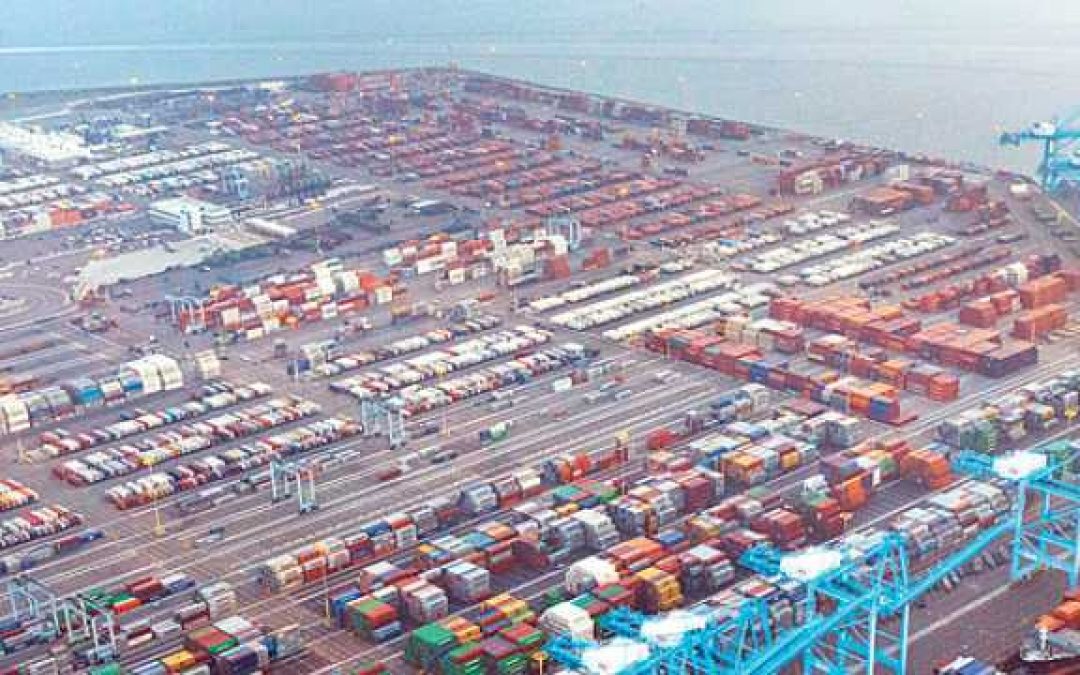
India, Sri Lanka see weak bunker fuels demand in Nov: Traders
MUMBAI : Bunker markets at Mumbai saw a fall in demand for bunker fuels due to the inconsistency in availability of supplies at the port, while despite plentiful supplies, traders across Sri Lanka said the drop in the number of ship calls reduced the total bunker demand at the port.
“There have been availability issues reported in Mumbai since November last week, with supply being intermittent. The lead time for deliveries at Mumbai is currently estimated at 3-4 days,” a Mumbai-based trader told S&P Global Commodity Insights.
“Despite competitive pricing, we are getting lower vessel calls which translates into lower demand for bunker fuels. We haven’t found any such drastic reason behind it,” another trader said.
According to data from S&P Global Commodities at Sea, total bunkering and ship-to-ship calls in Mumbai slid 15% month on month in November to reach 443, from 551 calls recorded in October.
“At Mumbai, the demand from long-haul vessels usually comes in huge stem sizes but this demand is rotational. The demand maybe high in any particular month or lower at others but the average remains fairly stable. In my view, 10%-15% variation is normal for these markets,” a Gujarat-based trader said.
Platts, part of Commodity Insights, assessed 0.5% marine fuel oil delivered to Mumbai at $577/mt Dec. 9, down $20/mt week on week, while in Kochi it rose $10/mt to close at $590/mt.
In Sri Lanka, prices at Colombo were assessed at $625/mt, down $7/mt week on week, Commodity Insights data showed.
East Coast India sees stable demand
Ports across the East-Coast India reported a stable demand for High Sulfur Fuel Oil (HSFO) and Very Low Sulfur Fuel Oil (VLSFO), supported by strong product availability from domestic refineries, trade and market sources said.
In a positive market development, the Port of Paradip resumed VLSFO supplies after a prolonged period as the underlying issues have been resolved by the refinery, trade and market sources said.
“At Ports of Visakhapatnam and Kakinada, markets improved compared to previous months, with no product scarcity in November. IOCL has been maintaining good stock levels, and both HPCL and IOCL are supplying HSFO, while VLSFO is readily available from these refineries,” a Visakhapatnam based trader told S&P Global.
“The number of scrubber-fitted vessels calling at these ports has risen, leading to higher HSFO consumption. Additionally, cargo vessels are actively calling at these ports, further boosting demand,” the trader added.
Market participants said bunker demand at Chennai and Tuticorin remained stable, whereas the Port of Haldia witnessed a significant uptick in demand, supported by an increased availability of supplies and rising inquires.
“At Haldia last month, IOCL supplied over 15,000 mt of product at the port, catering to both commercial and own vessels. Demand increased, and we, as suppliers, received ample inquiries. Additionally, the product availability was strong throughout the month,” an East-Coast India based trader said.
Bunker demand slides in Sri Lanka
Despite oversupplied market throughout November, bunker demand fell across Sri Lankan ports of Colombo and Hambantota due to reduced ship calls and competitive pricing at nearby ports.
“In November we experienced a surplus of product compared to the previous months. While we had the capacity to supply 60,000 mt, actual deliveries totaled only 35,000 mt,” a Sri Lanka-based supplier told Commodity Insights.
“However, we continue to see a strong demand for marine gasoil and have been maintaining ample stock availability, particularly in Colombo,” the supplier added.
In August, the number of ship-to-ship and bunkering operations at Sri Lanka decreased 16% month on month to 181, CAS data showed.
“Markets at Colombo fell because the product was priced at a premium to nearby West-Indian ports like Kochi. Because Indian ports had ample availability of supplies last month, the volumes fell at Sri Lanka,” an India-based trader said.
“Demand was moderate in November. We observed a drop in volume during the last two weeks of the month. We are struggling to understand the reasons behind the decline in inquiries. On average, approximately 2,000 mt of inquiries were floated daily, with about 66% being converted,” a Colombo-based trader said.
Source : Platts

